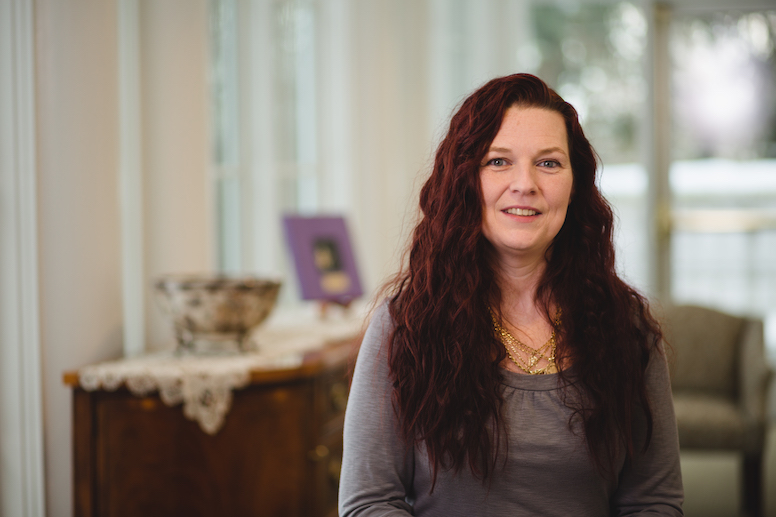Want to nip disease in the bud? Look to your roots
Before an appointment with your family doctor, you might be asked to fill out a questionnaire detailing your family medical history. It might seem like just another form to fill out, but, in reality, it could help you stop disease in its tracks. Your family history provides important clues about your own health—and the future of your preventive treatment.
“If your mother or aunt had breast cancer, your father had colon cancer or other close relatives had diabetes or osteoporosis at an early age, you could be at risk, too,” said Andy Faucett, M.S., LGC, a genetic counselor at Geisinger.
While some environmental and lifestyle factors such as your diet and exercise habits can put you at risk for health issues, family history can also influence your health.
Some risks to look for include: whether a family member had a disease much earlier in life than is common, if more than one close relative had the same disease, if a family member had a disease that doesn’t typically affect that gender, or if family members had certain combinations of diseases.
Alerting your doctor of these risk factors will paint a more complete picture of your potential risk and help both of you to create a plan for preventive care.
“If your doctor finds that you have history of breast cancer in your family, you might begin getting screened earlier than what’s typically recommended as a preventive measure,” said Faucett. “Talking to your family early and acting on that knowledge can help you prevent health issues in the future.”
At your next family gathering, strike up a conversation about relatives and their health histories. Find out about your parents, grandparents, aunts, uncles, cousins, nieces and nephews. Ask questions to find out which diseases these relatives dealt with, what age they were diagnosed and their ethnic background. If they’re no longer living, find out how old they were when they died.
Write down this information, then act on it. Share it with your doctor to decide what preventive steps—if any—you should take. You can find more information and helpful tools about family history here.
In some cases, such as a history of heart disease, your doctor may recommend making lifestyle changes such as exercising regularly, eating a healthy diet with plenty of fruits and vegetables, maintaining a healthy weight, and quitting smoking.
If you have a close relative with type 2 diabetes, your doctor may recommend getting screened to see if you have pre-diabetes and working to maintain a healthy weight and eat the right diet.
Additionally, if you have a family history of colorectal, breast or ovarian cancer before age 50, your doctor may ask you to begin screening at an earlier age than what is typically recommended. Your doctor may also refer you to a genetic counselor to decide if genetic testing is right for you.
“Genetic testing can show us if there are inherited changes in your genes, which could increase the risk of getting a disease,” Faucett said. “The results can inform your prevention plan, and your doctor may also recommend that other family members undergo genetic testing.”
You can also help Geisinger healthcare providers and scientists learn more about genetics and disease by participating in the MyCode Community Health Initiative. To learn more, call 1-855-636-0019 or email JoinMyCode@geisinger.org or visit the Geisinger website.
William Andrew (Andy) Faucett, M.S., is a licensed genetic counselor, a principal investigator of the MyCode Community Health Initiative, and a faculty member at Geisinger.




